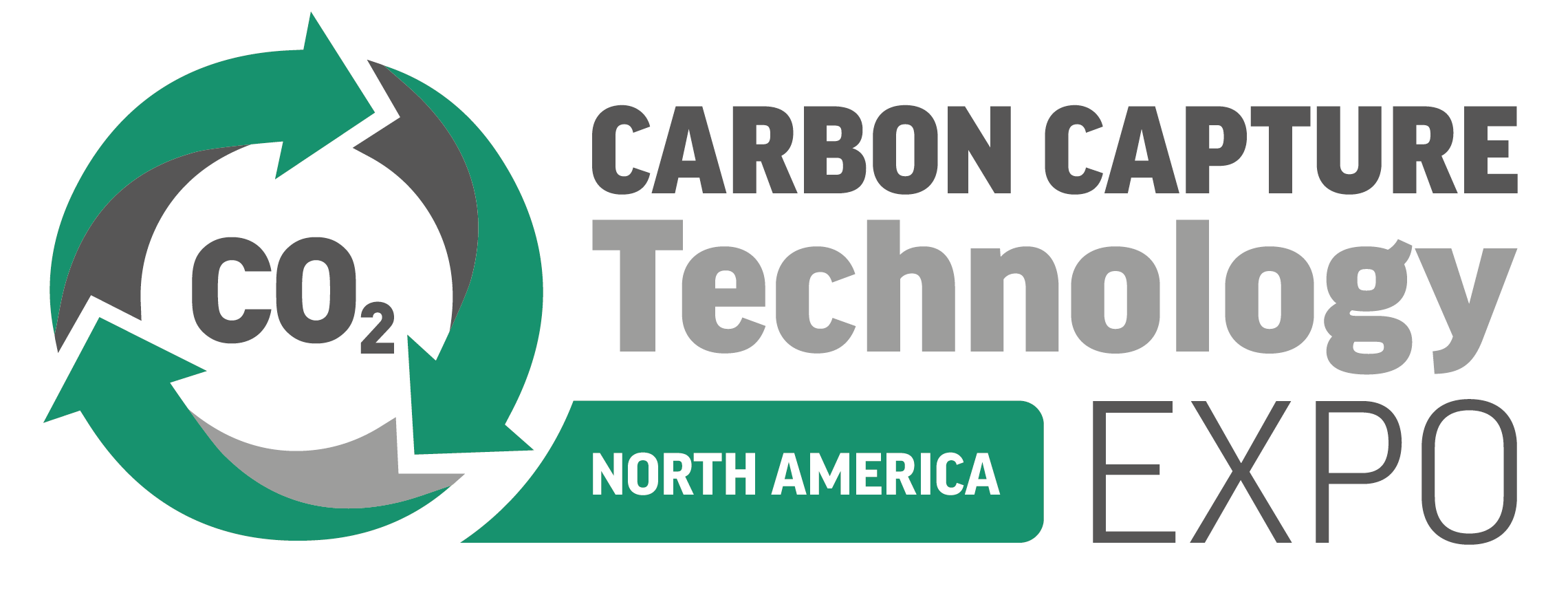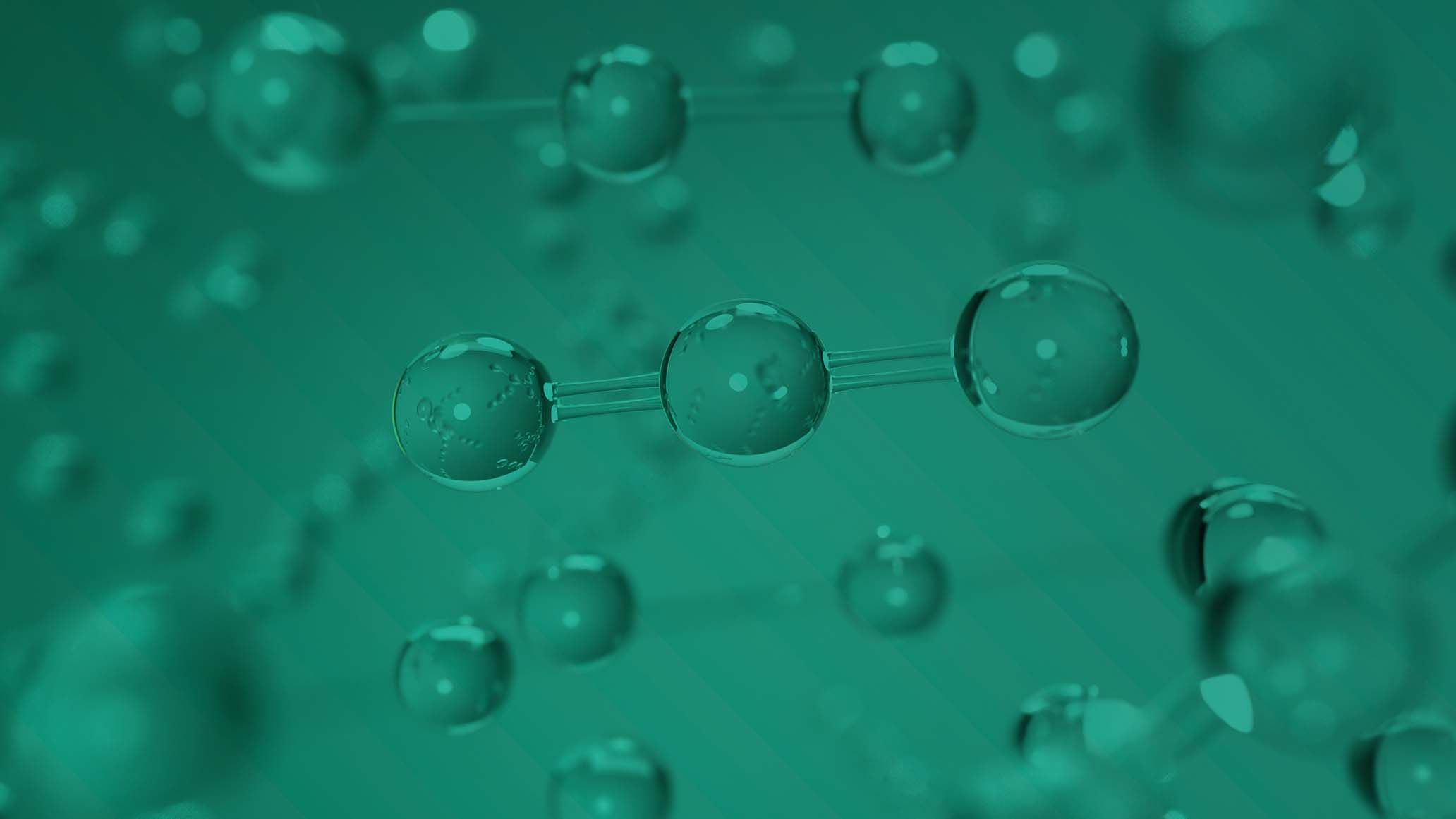Japan Plans its First CCS Project
)
Japanese oil refiner Eneos Holding, and utility J-Power announced on May 10 a partnership to launch Japan’s first CCS project by 2030.The two firms will conduct a feasibility study for the project and explore a site in western Japan later this year.
The partners will begin designing the carbon capture facility next year and decide on investment by 2026. They plan to begin injecting and storing CO2 in 2030.
Eneos plans to capture CO2 emissions from its oil refining facilities, such as its hydrogen production equipment, distillation units and boilers. It will use its expertise in carbon storage to cut 3m tonnes of CO2 by 2030.
J-Power aims to remove CO2 from the coal and biomass gasification processes in the production of hydrogen-based electricity and from its existing coal-and biomass-fired plants. In addition, it will develop technology to identify strata suitable for sequestering CO2.
If the project comes to fruition, it would be the first major CCS project in Japan. The government-led Tomakomai CCS pilot project is in the monitoring phase, after injecting around 300,000 t/yr of CO2 underground from April 2016 to November 2019.
Eneos and J-Power also have plans to carry out a feasibility study from this fiscal year to produce generate hydrogen from biomass with gasification and CCUS innovations. The captured CO2 could be injected into oil and gas fields.
Estimates by the trade and industry ministry suggest Japan would need to capture and store approximately 120mn-240mn t.yr of CO2 by 2050 to reach carbon neutrality.



)
)
)
)
)
)
)



)
)
)
)
)
)
)
)
)
)
)
)
)
)
)
)
)
)
)
)
)
)

)

)
)
)

)
)
)
)
)
)
)
)
)
)
)

)

)
)
)
)
)
)
)
)
)
)


)
)
)

)
)
)

)
)
)
)
)

